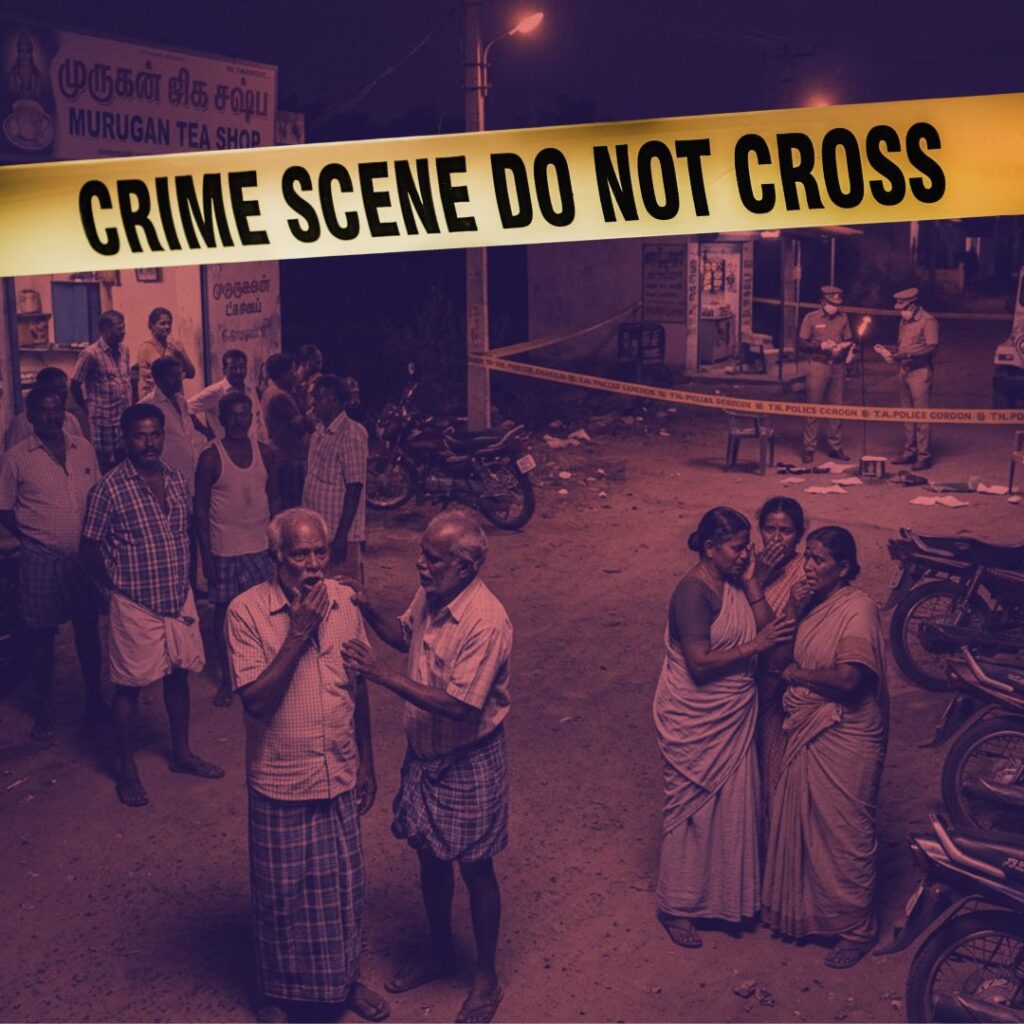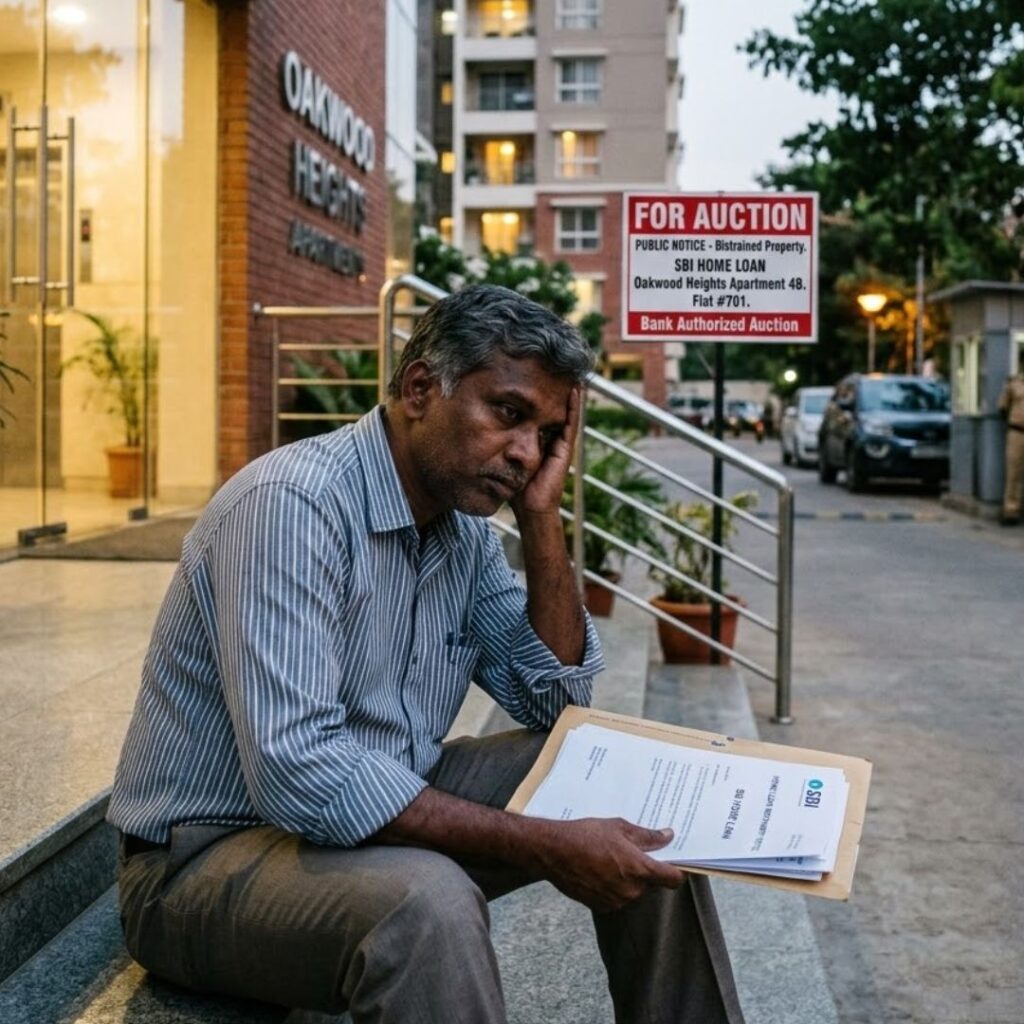Renuka was on cloud nine when she gave birth to triplets on 25 October 2016. But the parents became heartbroken when they came to know that all the three babies weighed less than 1,500 grams. She is now the inspiration for World Health Organization (WHO) to spread the campaign for Kangaroo Mother Care (KMC).
Renuka held her kids close to her chest and breastfed them. She was keen to give them at least nine hours of skin-to-skin care protection. According to a report on the official website of WHO, Renuka said that the staff in Koppel district hospital encouraged her for Kangaroo Mother Care. Her triplets- Mahadevi, Shrushti and Lakshmi, gained strength and were discharged from hospital after 28 days.
Inspired by the story of Renuka, WHO now decided to implement the method in three districts in India and the project is in progress. “Don’t discriminate against girl children. They are a gift,” says Renuka. She inspires mothers to adopt the Kangaroo Mother Care technique.
Kangaroo Mother Care (KMC)
Kangaroo Mother Care is also called skin-to-skin care. It is a technique of taking care of underweight babies and preterm babies. Skin-to-skin care is also used to describe the method of placing full-term newborns very soon after birth on the bare chest of their mother or father. Studies have found that Kangaroo Mother Care helps premature babies.
The baby lies in a kangaroo position on the caregiver’s chest. Mothers keep a continuous skin-to-skin contact with their babies to keep them warm. In kangaroo care, the baby wears only a small diaper and a hat. They are placed in a fetal position with maximal skin-to-skin contact on a parent’s chest.
In countries where incubators are often scarce and unreliable, kangaroo mother care can save lives. This method has been proven successful in improving the survival rates of premature and underweight newborns.










